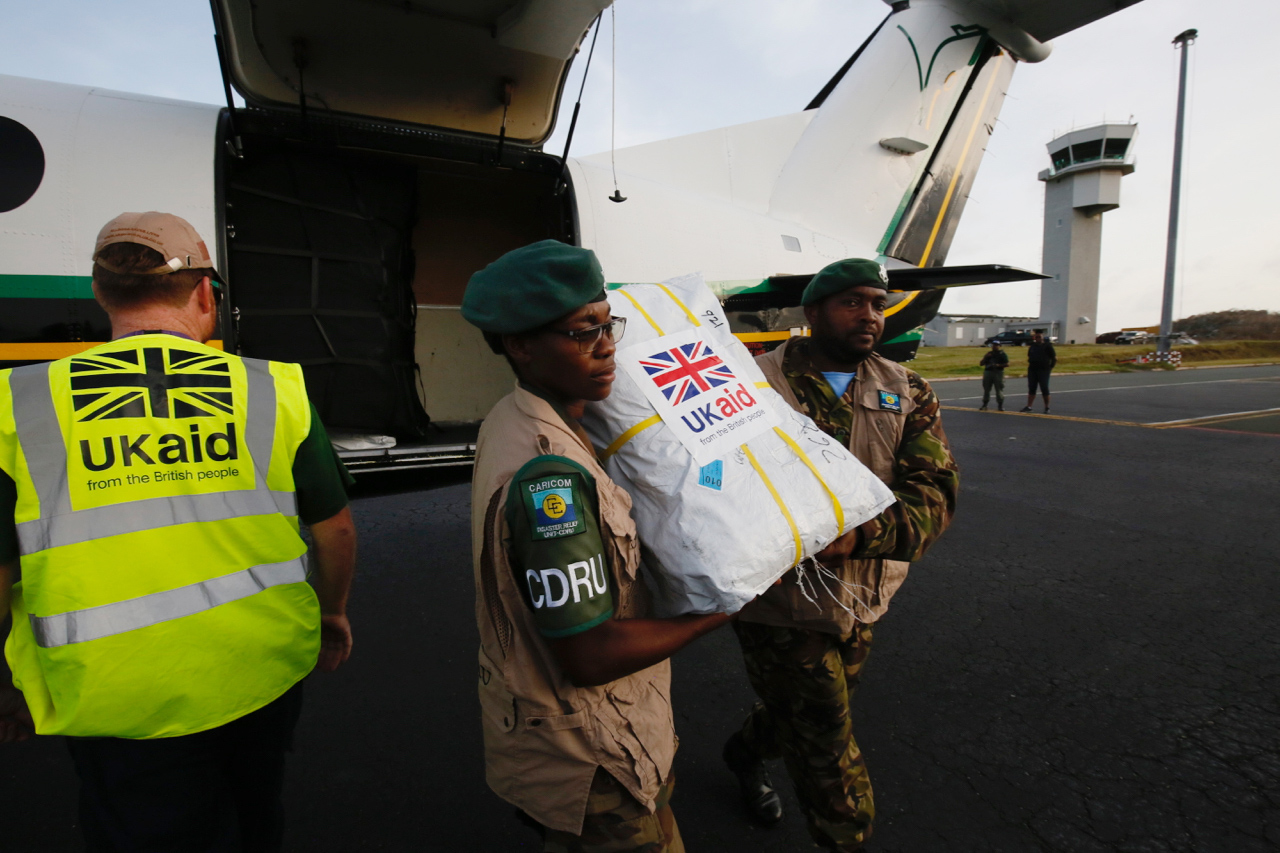I was dismayed to learn recently that school-based deworming in Kenya -- one of the most celebrated and cost-effective successes in global development in 2009 -- was not repeated in 2010. The story of how that happened offers an object lesson in the gritty difficulties of translating evidence into policy.Intestinal helminths, aka worms, infect roughly a fourth of the world population and contribute to anemia, malnutrition, and other illnesses -- disproportionately affecting school-aged children. Fortunately, simple, cheap, drugs have been shown to be highly effective against many types of worm infections.Based in part on research by Berkeley's Ted Miguel and Harvard Professor (and CGD non-resident fellow) Michael Kremer, this proven small-scale intervention had been scaled up to the national level. But after just one year of nationwide implementation, funding for the deworming program was recently suspended. So what gives? The program's suspension appears to have been unintentional collateral damage in a larger budget battle, despite broad support within the Kenyan government and donor community. (Thus this is hopefully a temporary suspension.) This saga raises concerns about whether donors and governments are committed to scaling up policies that have been proven to work in small-scale NGO pilots. Depending on your perspective, however, it also raises some interesting questions about (a) the feasibility of turning small NGO pilots into manageable national policies, and/or (b)the unintended consequences of donors being tough on corruption..The "Worms" model of policy changeSchool-based deworming is an initiative with almost iconic significance for many people in the development industry. One of the first randomized impact evaluations in development economics, Miguel and Kremer's 2004 study, "Worms", showed that deworming had even greater public-health benefits than previously thought due to positive externalities on untreated children, and was as an extremely low-cost way to boost school enrolment in Western Kenya.On the basis of these results, an international campaign emerged to champion the benefits of free deworming and provide technical assistance to governments wanting to implement school-based deworming programs. Within Kenya, the education and health ministries formed a joint team to develop a plan for implementing deworming in all the regions of the country where worms were a major health problem. This was incorporated into the national education plan that was approved by the government and funded by donors and the Kenyan government. In 2009 the Kenyan government implemented a nationwide school-based deworming program reaching over 3.5 million high-risk children at a total cost of just Sh. 70 million ($836,000). Since then, a similar process in the Indian states of Andhra Pradesh and Bihar has led to the treatment of many millions more children.For the new wave of 'randomistas' in development economics, deworming became a template for how evidence-based policymaking should work: a small-scale project subject to gold-standard evaluation contributed to an evidence base, and -- combined with a concerted effort to disseminate the results and provide assistance in adopting and implementing the program -- led to a massive scale-up reaching tens of millions of children.What went wrong?Kenya's deworming program has become a casualty of a deeper dispute between donors and the Kenyan government over financial management within the Ministry of Education. The celebrated deworming tablets were a tiny slice of a massive, 5-year, aid package for Kenyan education funded by DFID, the World Bank and other donors. In late 2009, the renewal of this multi-donor aid package hit a major snag when an audit revealed that over a six-year period as much as Sh. 5.5 billion ($63 million) in Ministry funds for free primary education had gone missing -- funds that should have been transferred to schools' individual bank accounts to pay for supplies. The Education Minister was sacked, then reinstated; the previous Permanent Secretary was suspended, reinstated, then transferred to another Ministry. At the end of the day, foreign donors and many domestic pundits felt that the relevant senior officials had dodged accountability. They therefore cut off support for the national education plan -- including school-based deworming. . Whatever one thinks of the overall merits of the donors' decision, Kenyan children suffering from worm infections are collateral damage. Advocates for deworming are seeking replacement funds, but in the short run at least, treatable infections are going untreated.The scandal of Kenya's missing education funds and the subsequent donor response suggest that -- even when randomized trials identify cost-effective interventions in small-scale pilots -- other weak links in the chain from Ministry financing to project implementation may hinder successful scale-up of 'proven' interventions. (This issue of institutional and political economy as a constraint to scaling up is something I've been exploring in my own research with colleagues Tessa Bold, Mwangi Kimenyi and Germano Mwabu, working with Kenya's Ministry of Education and National Examination Council to replicate another successful RCT using the Ministry's own structures.)Learning from others' mistakesKenya's struggles in managing education funds are not unique. During Uganda's introduction of centralized funding for "Universal Primary Education" in the 1990s, researchers Ritva Reinikka and Jakob Svensson found that 87% of capitation grants failed to reach individual school accounts. There's a reassuring lesson here though: Reinkikka and Svensson subsequently found that a government-sponsored transparency initiative, including newspaper ads and public meetings, dramatically improved the rate at which resources reached schools, with just 19% failing to reach schools by 2001.Clearly, the existing approach to managing education aid flows in Kenya has proved inadequate, and deworming has been an unintended victim. All the more reason to focus on fixing those weak links in the funding chain, and concentrating on a manageable set of proven tools -- such as deworming.In sum, rigorous evaluation (a la Miguel and Kremer's worms study) and fixing the weak links in the governance chain (a la the transparency reform that Reinikka and Svensson report on from Uganda) are not substitutes; they're complements. In some cases, such as the nationwide randomized trial of Mexico's Progresa program, rigorous evaluation can be conducted at full scale, exposing the project to all the relevant institutional and political constraints from the beginning. This is ideal when it's feasible. But in other cases it makes sense to experiment at a small scale, and allow for more trial and error. In those cases, scaling up successful pilots requires complementary intellectual efforts toward solving or circumventing the political economy failures that led to the suspension of deworming.Mexico’s Progressa program and Kenya’s deworming program are also different in another important way, in that the latter was financed with domestic resources and thus not subject to donor shut off. For countries like Kenya with more limited resources it is not just 'weak links in the chain' that are to blame; relations between donors and national governments also need fixing, to ensure that successful programs are not held hostage by unrelated budgetary disputes.New research by Berkeley's Owen Ozier has shown that the original deworming experiment in Western Kenya had additional, previously unnoticed benefits for the early cognitive development of younger siblings who were spared infection by intestinal helminths during critical stages of development. And a new follow-up study by Sarah Baird, Joan Hamory, Kremer and Miguel shows surprisingly durable benefits from deworming, measured in terms of adult employment and earnings a decade later. It seems the more we learn about deworming in Kenya, the better it gets.Ironically, just as state governments in India are learning from the Kenya's success and scaling up school-based deworming, children in Kenya are caught in the crossfire of a dispute between the government and donors. If only there were a pill for that.
Disclaimer
CGD blog posts reflect the views of the authors, drawing on prior research and experience in their areas of expertise. CGD is a nonpartisan, independent organization and does not take institutional positions.





